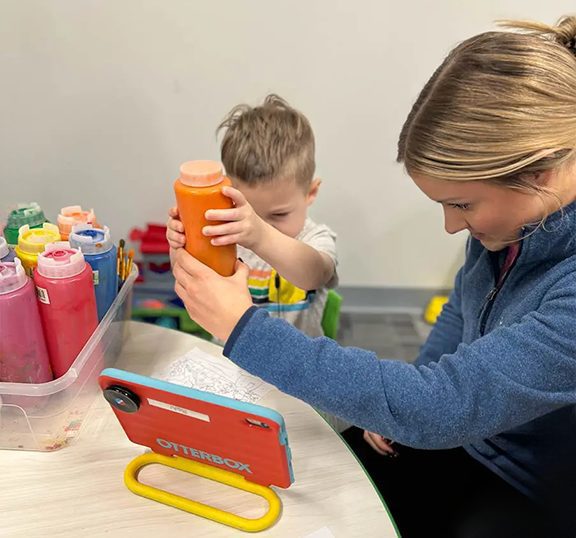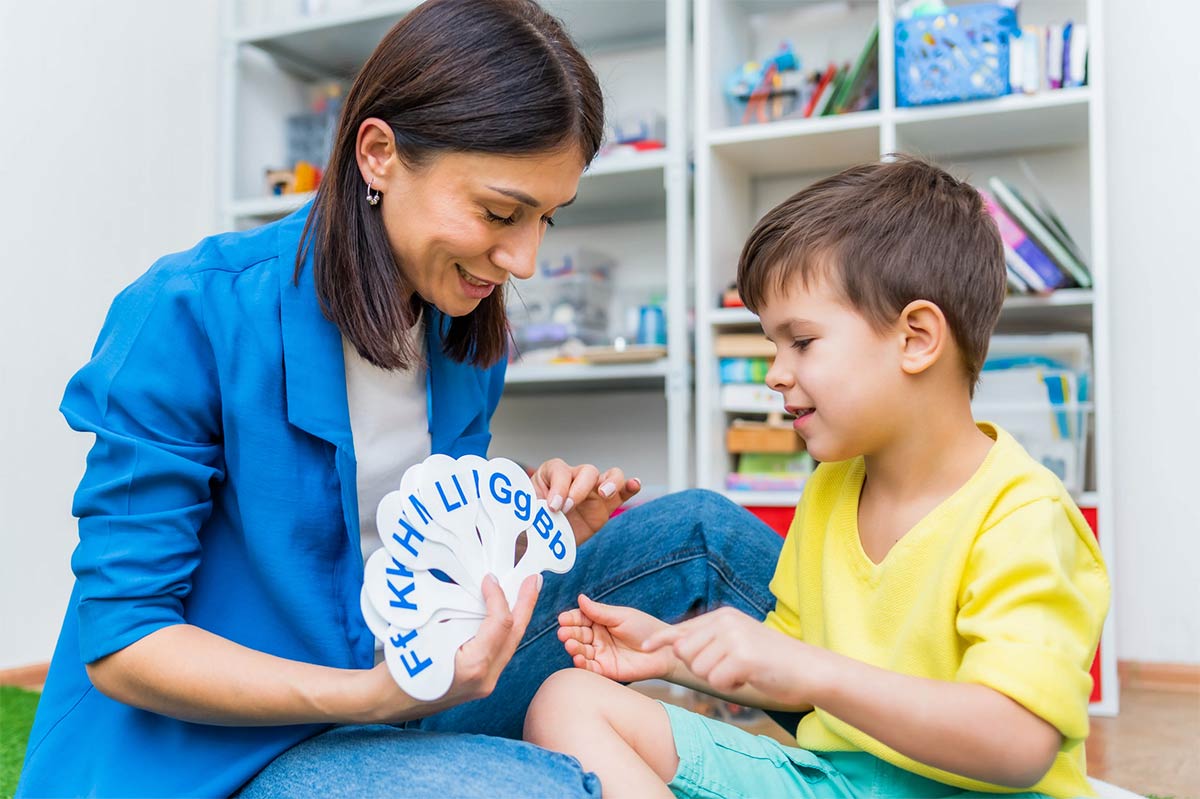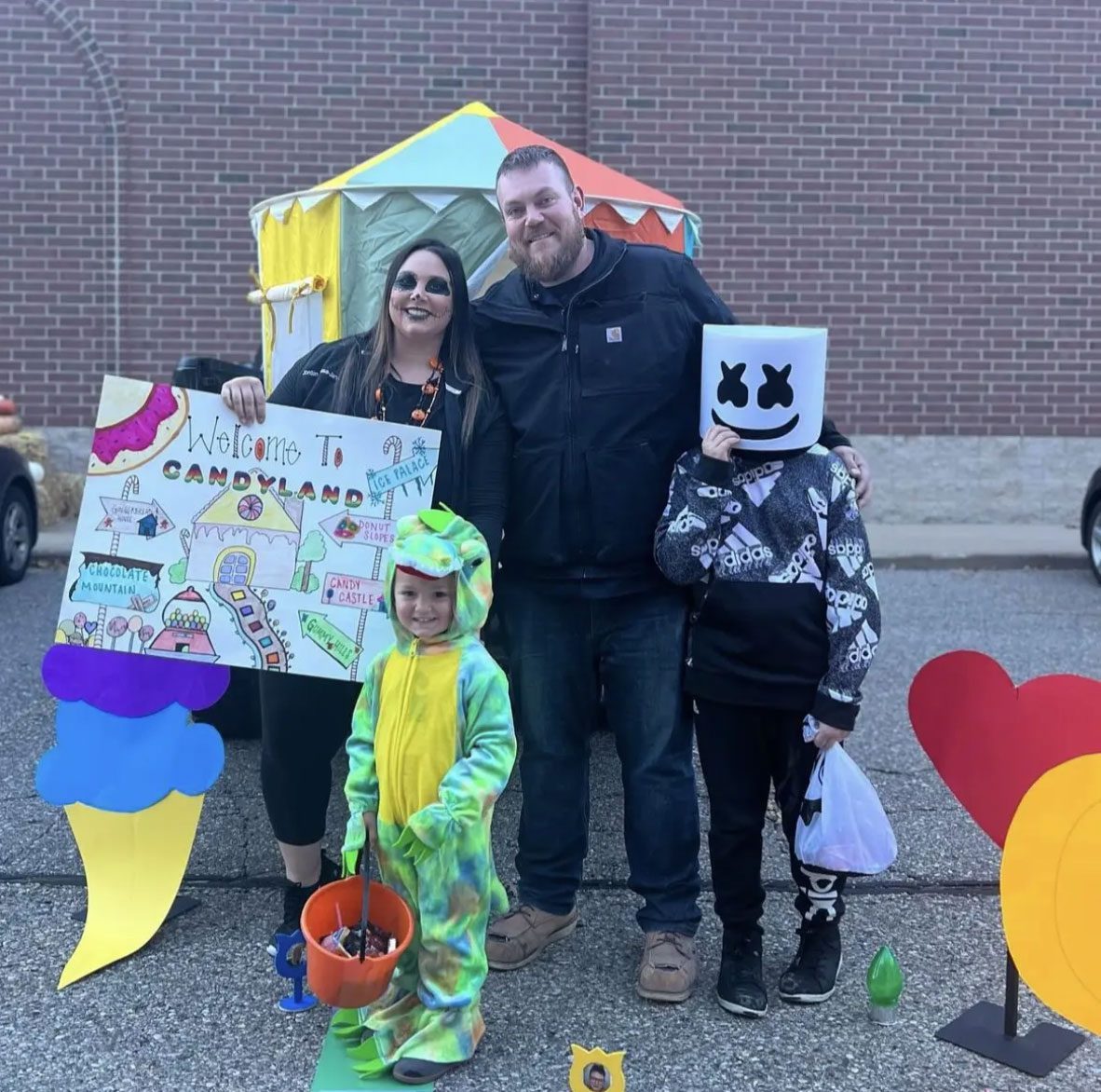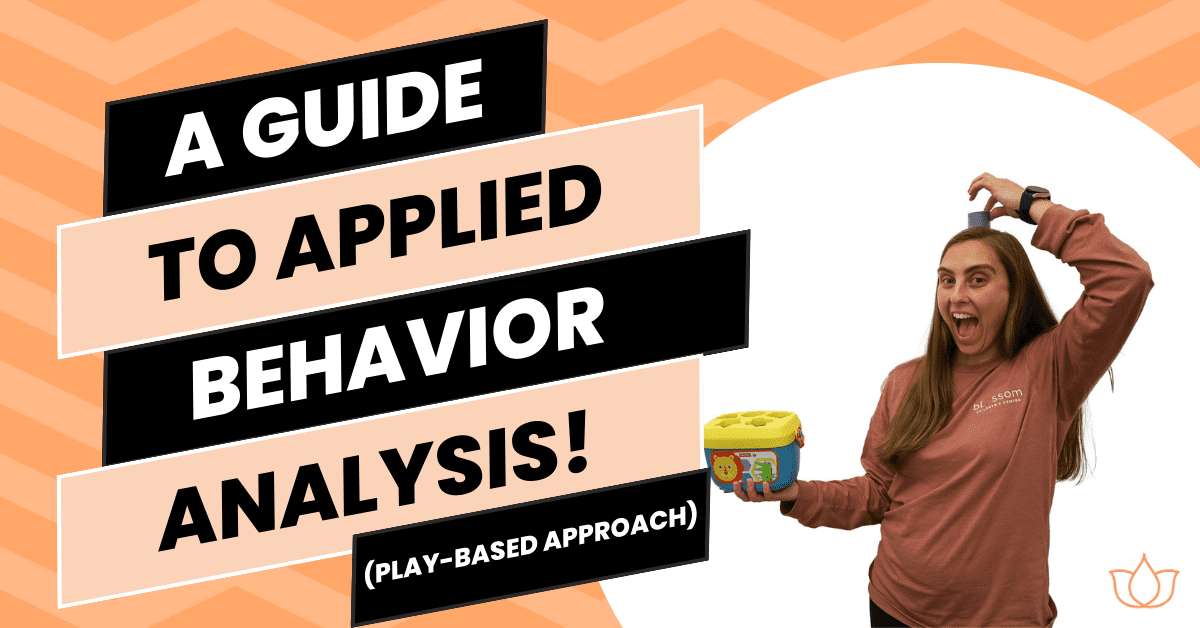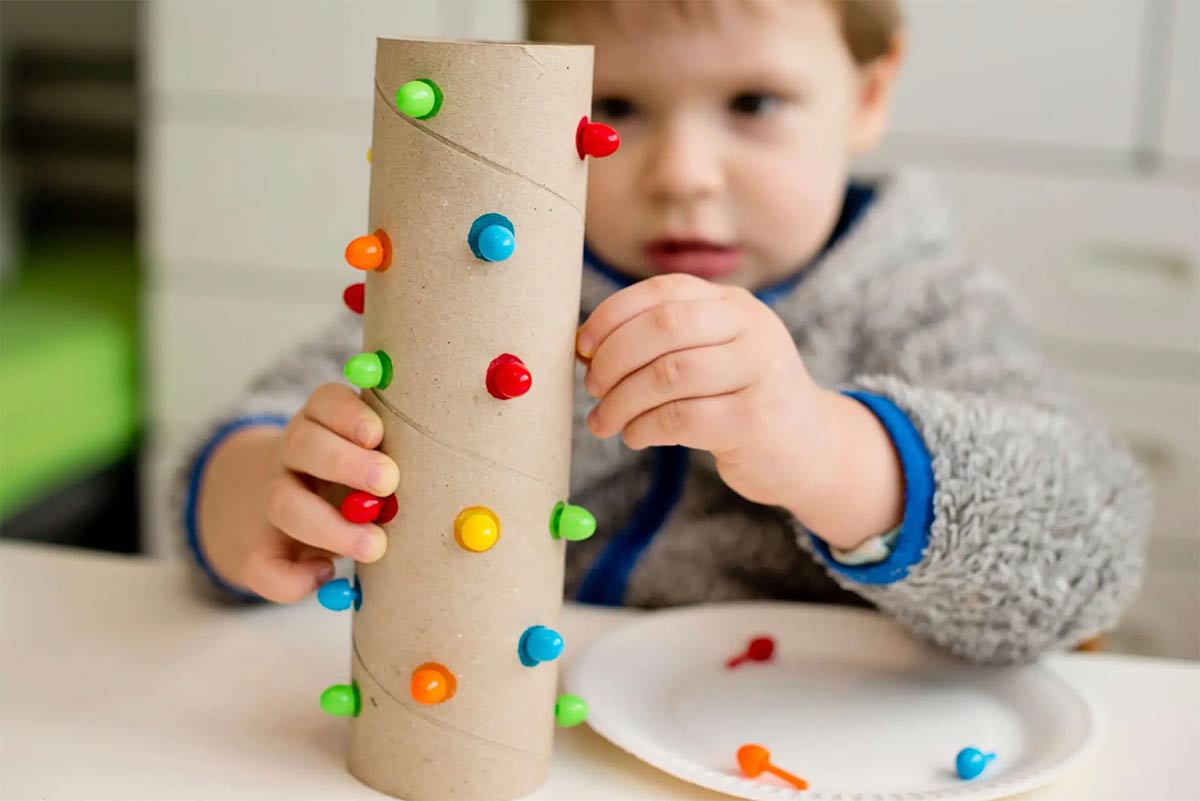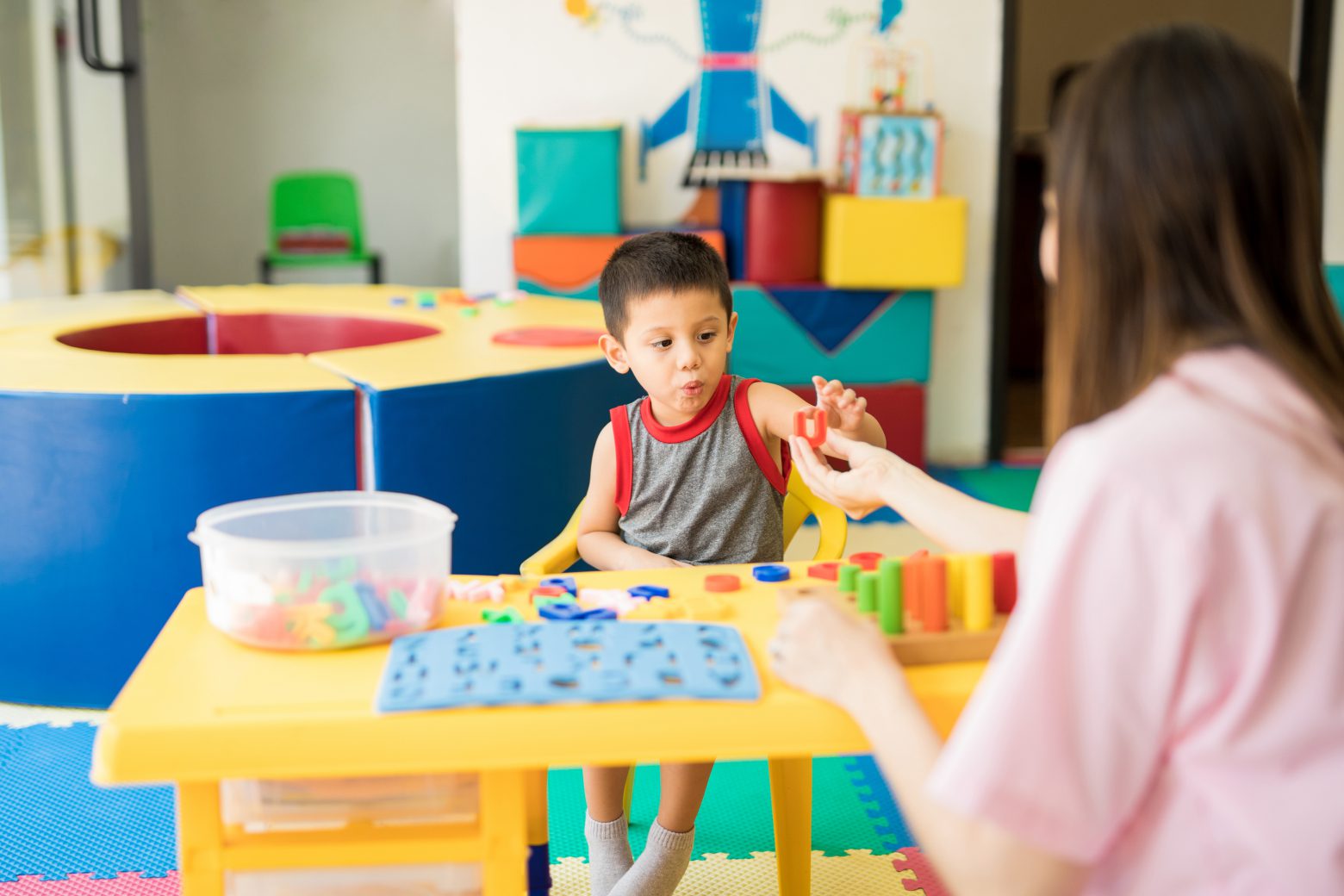
Sensory Processing Meltdowns in Children: What You Need to Know
If you have a child with sensory processing disorder, you know that meltdowns can happen anytime, anywhere. Here’s what you need to know about sensory processing meltdowns in children.
Sensory processing meltdowns can be caused by over-stimulation of the senses and inability to self-regulate. This can be anything from too much noise to too many people in a room. For children with Sensory Processing Disorder (SPD), sensory overload can happen very easily by seemingly mundane things in our everyday lives.
Sensory Meltdowns
Sensory meltdowns can look different for every child. Some children may cry, some may scream, some may hit or kick, and some may withdraw completely into themselves. For many parents this may seem like “bad behavior” when it should be seen more as a child asking for help. Nonetheless, one thing is always the same: sensory meltdowns are very upsetting for both the child and the parent.
The good news is that there are things you can do to help prevent or lessen the severity of sensory meltdowns in your child. While none of these techniques should be seen as a quick fix, they can definitely help your child get through their meltdown and decrease anxiety around certain triggers.
Children with sensory difficulties can see their environment as dangerous based on how they process sensory information. When you have a sensory meltdown, the nervous system switches to a “fight or flight” response. The brain can no longer take environmental demands as their “sensory cup is full”.
Below, we have listed some quick tips on how to approach meltdowns effectively, put together by Blossom’s Lead OT Katie Fisher:
Quick Tips
- Use a calm voice - It is important to remember that your child is struggling to stay calm. To help your child get back to that sense of calm, it is important that you remain calm yourself.
- Try to limit your amount of talking - the brain is having a fight or flight response and the part of the brain that processes language is already feeling overwhelmed.
- Control the environment - find a safe and quiet place for your child to calm down
- Try deep breathing exercises – breathing in through the nose and out through the mouth can work wonders for a child’s overloaded mind
- Provide a sensory retreat - firm squeezes to arms/legs, soft music, weighted blanket can help your child
- Label emotions – I can see that you are frustrated. I bet it made you mad that someone took your turn.
With patience, understanding, and a little bit of trial and error, you and your child will find a regulating strategy that works for you both.
Where Does Occupational Therapy Fit In?
For children who experience sensory overload, Occupational Therapy can be extremely helpful. Occupational Therapists will work children to help them understand and effectively process the different sensations they are experiencing from their environment. They will also help children learn how to adapt their environment and daily tasks to help create adaptive responses to overwhelming situations. This can make a huge difference for children who struggle with SPD every day.
Occupational Therapists use different techniques to help children with SPD. One common technique is called co-regulation. When a child has sensory difficulties, they might have a hard time processing information that comes through one or more of their senses. The problem lies in the body’s nervous system: it has trouble regulating itself. When sensory overload happens, children with SPD have trouble self-regulating and may need more adult support (co-regulation) to regain regulation. Adapting to an environment and constantly changing needs and demands on the nervous system requires complex processing in the brain. It is important to recognize that children who have a difficult time with self-regulation might have a meltdown, and we as adults need try and identify certain signals before jumping to the conclusion that the response is behaviorally driven.
Another common Occupational Therapy technique is called Sensory Integration. This involves helping the child take information their bodies receive from their senses, process/organize it, and then respond appropriately to interact in their main occupation: “play”. For example, a child who trips over uneven surfaces, constantly runs into things, and appears very clumsy is using their visual system for balance which makes it difficult to use eyes effectively for scanning environment. This may impact overall balance, stability, and safety. Providing vestibular and proprioceptive input to increase body awareness and motor planning can help the child to better understand and process these sensations.
Occupational Therapists also use play to help children with SPD. Just as adults learn better when they are having fun, the same holds true for our kiddos! In fact, play is essential for a child’s development and growth because it comes naturally to them and encourages and challenges the mind and body to do things like focus and be creative.
Consequently, play is a great way for children to learn and practice new skills while enjoying themselves! Occupational Therapists will use different types of therapy equipment and games to help children with SPD improve their skills.
Through play, are able to get a sense of comfort. Once they are comfortable the Occupational Therapist creates a fun and engaging therapy experience for the child and in turn novel learning opportunities will not seem like a chore. In addition to completing therapy goals relating to SPD, play allows for the child to also develop their fine motor and gross motor skills!
Sensory processing meltdowns can be very challenging for both children and parents. But by being prepared and knowing what to do, you can help lessen the frequency and severity of these meltdowns.
Lastly, it is important to remember to be patient with our children, they need our calm demeanor to help co-regulate. Sensory meltdowns are a challenging and overwhelming experience. It’s important to keep perspective and trust the process knowing that the more we practice these techniques with our children the more likely we can limit the severity and frequency of their sensory meltdowns.
Katie Fisher is the Head of the Occupational Therapy Department at Blossom Children’s Center and specializes in helping children who may be experiencing sensory issues. She recommends the following four blog posts as great resources for parents:
- GreatKids: Why Sensory Meltdowns Happen in the Absence of Sensory Stimulation
- Understood: A Day in the life of a child with sensory processing issues
- The Chaos and the Clutter: Is My Child Having a Sensory Meltdown?
- Playground Professionals: 4 Reasons Play Is An Essential Part Of Occupational Therapy



